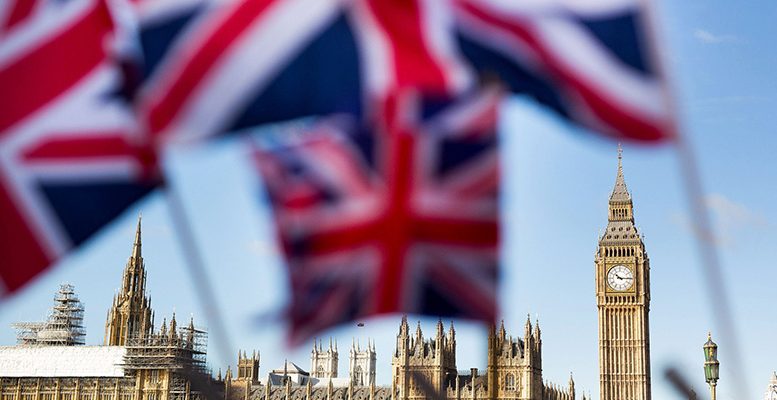*This article was originally published by Fair Observer
John Bruton | A recent article by Andrew Duff, a former member of the European Parliament (MEP), draws on the House of Lords reports on the United Kingdom’s departure from the European Union (EU) to illustrate how complicated the Brexit negotiations must inevitably become. After 40 years of interdependence and common rule-making, the UK is now setting out to reconstruct the entire apparatus of a separate nation state, with separate rules and separate rule-making and adjudication systems. This is how British Prime Minister Theresa May has chosen to interpret the referendum result, by ruling out any jurisdiction of the European Court of Justice (ECJ).
A nation state apparatus that would have sufficed in the 1960s will not suffice for the 2020s, however, because the world is much more interdependent, more interconnected and faster moving—now than ever.
The exercise the UK is undertaking will involve establishing a new bureaucracy to deal separately with all the regulatory questions that were previously delegated by it for collective decision within the European Union. The EU superstructure will have to be replicated in London, at some cost.
The UK may want to develop separate standards for many goods and services but, if it does so, British firms will have the extra cost of complying not only with the new UK standards, but with EU standards as well for any goods and services they wish to export to the rest of Europe.
There will, therefore, be duplication at the firm level as well as government. The only way to minimize this would be to go for a “soft Brexit,” whereby the UK would adopt EU rules but without having a vote on those rules.
Such an option may be sustainable in the business sense, but it will not be sustainable politically in the medium term. It would represent a substantial diminution of UK “sovereignty” relative to the “sovereignty” the United Kingdom now has as a full EU member. This would soon become politically unacceptable to the British people.
One can easily imagine the anger of The Daily Mail about the UK having to enact—and enforce—EU standards, on which the UK had had no vote. But, in reality, that is what a soft Brexit would entail. For these reasons, a soft Brexit will only be a temporary arrangement, and one should not invest all their hopes in it.
Hard Brexit or U-Turn
I am reluctantly coming to the view that the only viable long-term options are either a “hard Brexit” or a decision by British voters to stay in the EU after all. The latter seems very unlikely at the moment, because UK voters will not want to admit they made a mistake. They have no sentimental attachment to Europe anyway, and sentiment seems to trump economics in voters’ minds nowadays. But that could change gradually.
British people are—many for the first time—now learning about what the EU really is. At the best of times, the Brits were never curious about the EU or how it worked. Now they are required to find out, as part of the exit negotiation. It will be something of a revelation.
For 40 years, UK voters have been passengers in the EU car. Now, having decided to get out of the car, they are taking a first look under the bonnet. They will discover how interconnected the different parts of the engine are, and how difficult it would be to link into some, but not all, parts of the engine.
The UK will have to build its own engine from scratch now, and decide in which direction it wants the new car to travel. There was no consensus at all on the latter point for the Vote Leave camp in the referendum, which was held on June 23. Some want a more globalized Britain, while the majority wants the exact opposite
Brexit Impact on Ireland
Ireland will be a spectator in this process. The physical isolation of Ireland from the rest of the EU, in the event of a hard Brexit, is a problem that will need much thought at the EU level in the interests of European solidarity. Experts in logistics, transport and communications need to be brought together to examine how the costs of this physical isolation of Ireland can be minimized.
European Commissioner Margrethe Vestager, who is responsible for EU competition policy, should look at what needs to be done to ensure that states that are physically isolated from the core of the EU—such as Greece, Malta, Cyprus and Ireland—can always participate on an equal basis in the internal market.
*This article was originally published by Fair Observer





